The days of wading through an endless sea of paperwork and post-it notes are over. Technology tools for business has increasingly become more powerful and less expensive over time, giving entrepreneurs access to the resources of a much larger corporation.
The right software can help streamline outdated processes, automate repetitive tasks, and set the foundations for growth at scale—without breaking the bank.
Here’s a list of our favorite affordable tech tools organized by category, to help time-strapped entrepreneurs do more with less.
Appointment scheduling
Old-school appointment scheduling often involved jotting down meeting details in a paper calendar or on whatever scraps of paper were close to hand. These inefficient and time-consuming methods made managing a busy schedule a struggle.
So how do you ensure you don’t miss an important meeting, or double-book a client call while juggling everything else you need to do to run a profitable operation?
One word: Calendly. It’s a free tool that lets you plug in your calendar availability and match it with the availability of your guests for a seamless scheduling experience. Meetings become conflict-free, reminders can be automated, and it’s simple to reschedule when someone has to cancel at the last minute.
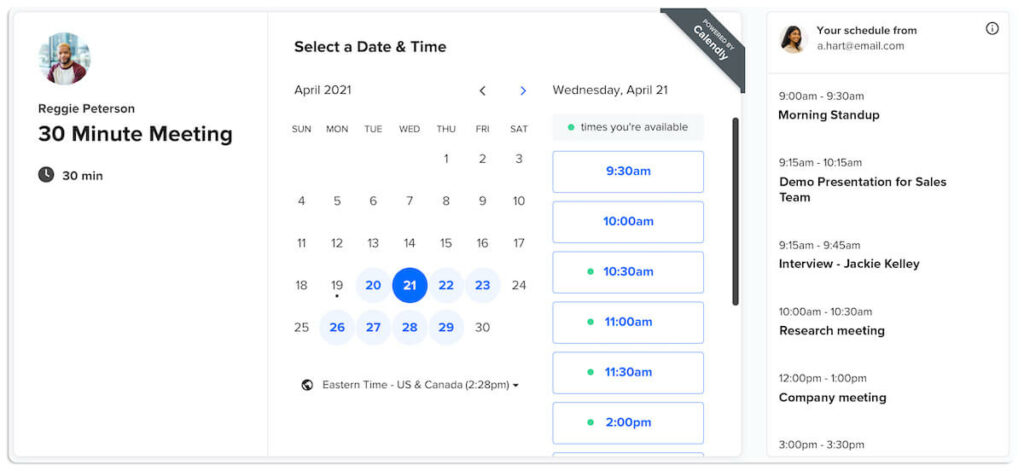
Bookkeeping solutions
In the not-so-distant past, getting your books in order meant calling up a professional bookkeeper, hiring an accounting firm, or staying up all night before tax deadlines trying to find old receipts from last January.
Luckily, times have changed. Now there are more technology options that can streamline the bookkeeping process to make tax season easier (and more wallet-friendly).
Take Bench for example. For less than the cost of hiring a conventional bookkeeper, you get access to a team of bookkeepers and financial experts as well as advanced cloud-based software to help keep your books in immaculate shape. Plus, come tax season, you’ll receive a tidy Year End Financial Package that makes tax preparation easy.
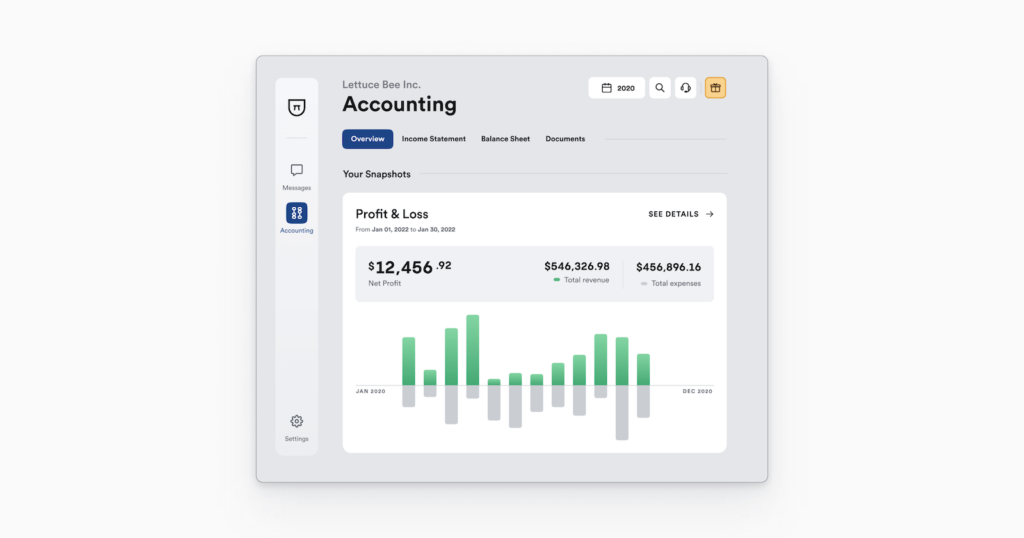
Brainstorming and planning
Scribbling on sticky notes, whiteboards, or a simple notepad can help you discover new business ideas and refine existing systems. But more often than not, these analogue methods of brainstorming and planning end up getting stuffed in someone’s desk or erased.
As remote work becomes the new normal, keeping the creative momentum going when employees aren’t physically in the same place can be a challenge. Visualization tools like Miro enable seamless cross-collaboration with remote team members. You can conduct strategy sessions, virtually present to clients, run a project retrospective, or host intensive workshops.
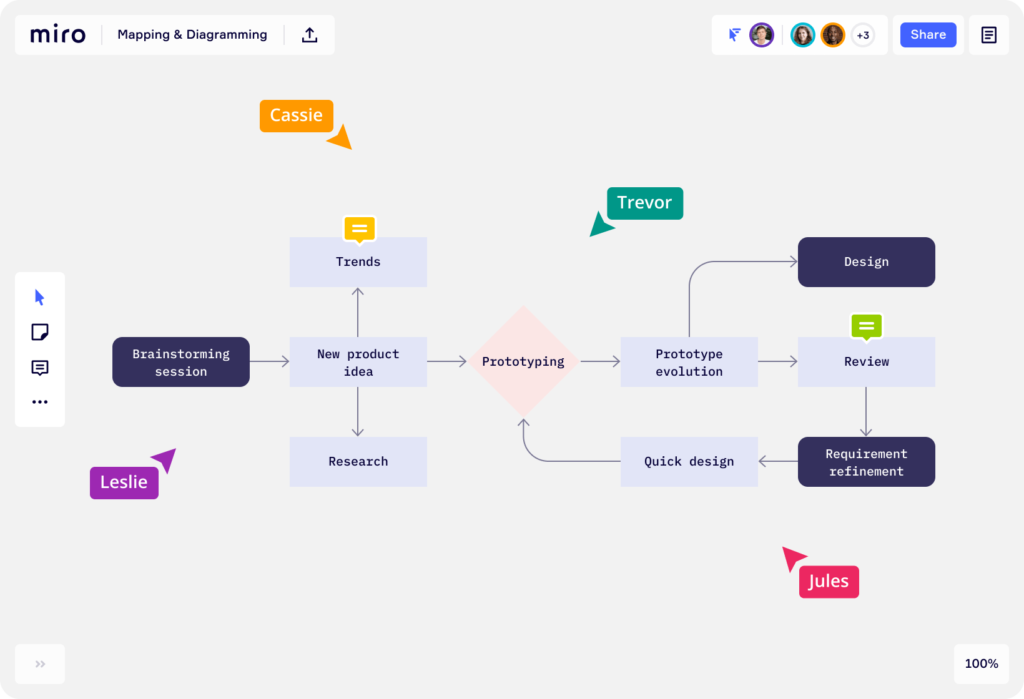
Marketing automation
In the old days, keeping your brand top-of-mind with potential customers meant investing in flyers, magazine ads, strategic product placement, and good ol’ word of mouth. Unfortunately, glossy magazine ads and television commercials aren’t cheap. Small businesses were routinely left behind as big brands like Coca-Cola or Volkswagen took more market share for themselves.
Now, scrappy startups have access to affordable online marketing tools that even the playing field. Platforms like ActiveCampaign let you segment different audiences and send engaging customer experiences across email, social media, live chat, and SMS. Ultimately making it easier for small business owners to drive engagement, nurture relationships with prospects, and ultimately convert them into paying customers.
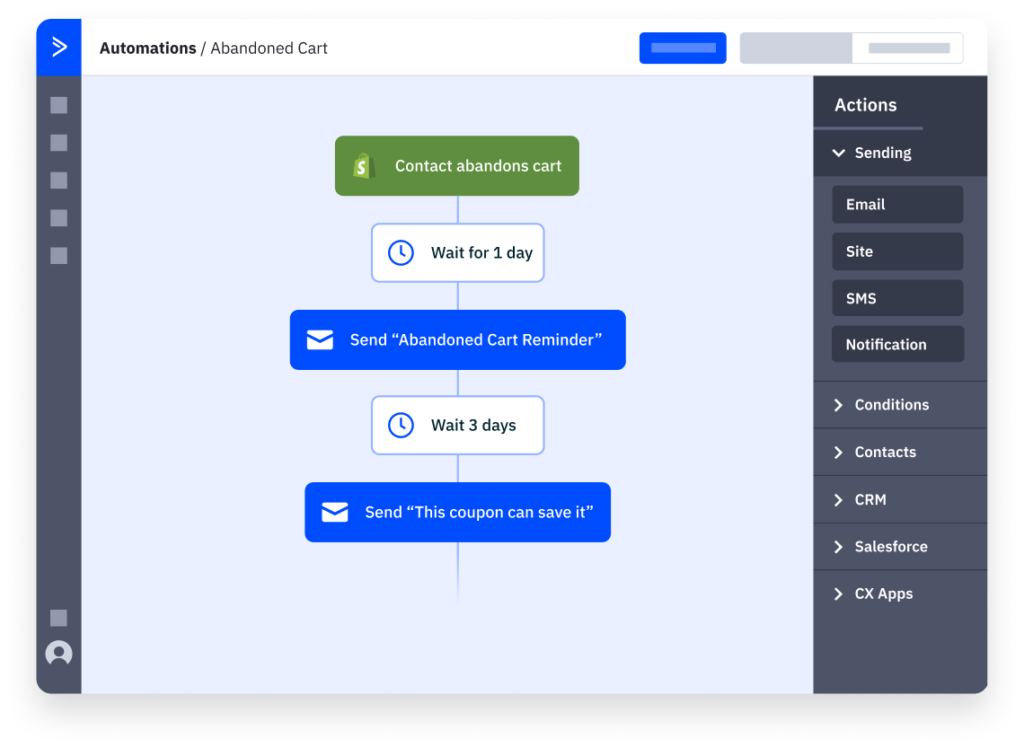
Online documentation and training
Whether you’re hiring new staff or outsourcing work to freelance contractors, it’s important to give them the lay of the land from the beginning so they have everything they need to hit the ground running. In the past, this could mean sending a few dozen emails or cobbling together a binder of company guidelines.
The problem is, these directives or “brand bibles” are often out of date as soon as they’re created, essentially adding more work to your plate each time you onboard a new employee and have to update them.
Online documentation tools like Tango let you capture screenshots of your workflows, add text descriptions and annotations to walk viewers through a product or workflow, or share important knowledge with a client, contractor, or your team in seconds. Once you’ve documented your processes, they remain available going forward.
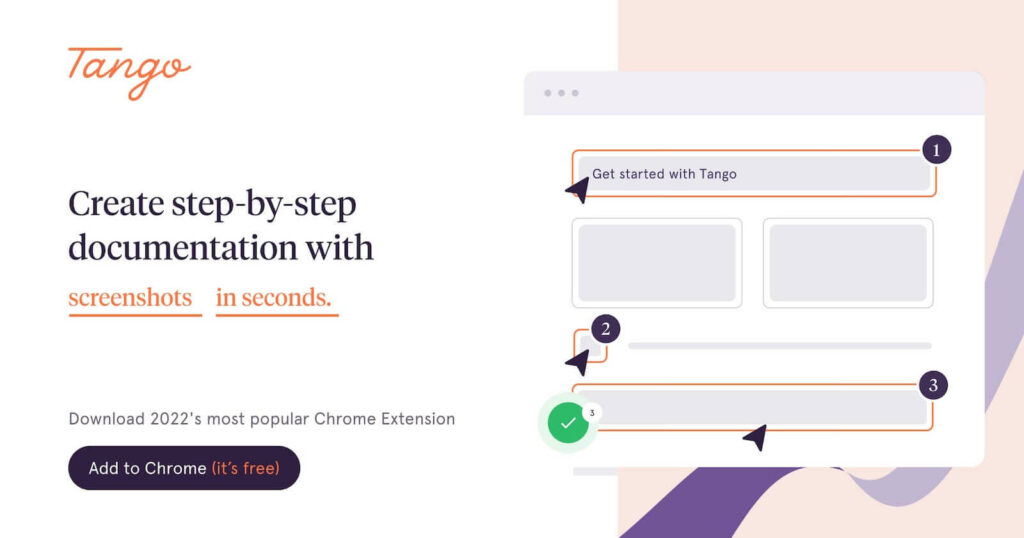
Tasks and project management
Before the rise of cloud-based task management software, project managers had to physically chase stakeholders, write endless email threads, and navigate clunky first-generation computer programs (if they could afford them, that is).
Software tools like Asana and Trello have transformed the project management landscape. These digital tools help you break down large projects into smaller tasks and better estimate the time needed to complete them. Workflows are completely customizable, making it simple to map tasks to a timeline and ensure every project goes off without a hitch.
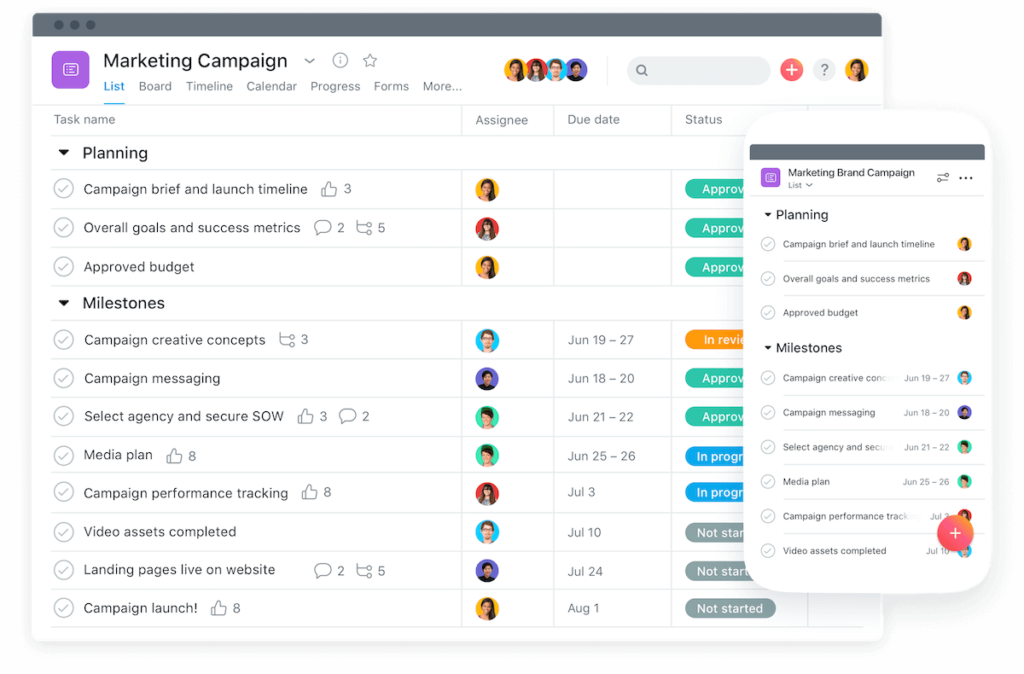
Time tracking
How did entrepreneurs keep track of the hours they were spending on their business before technology? Some kept it simple; deciding on a weekly schedule and committing to “clocking in and out” at a time of their choosing. Others used more involved time tracking methods like the Pomodoro Technique where you set an egg timer for 25 minutes, focus on a task, and take a five minute break once your timer goes off. Both methods require diligently looking at the clock—and not much else.
Thankfully, now there’s an easier way to track your time and ensure you’re spending it in the most efficient way for your business. Enter Toggl Track, a time tracking app that not only lets you manage your work hours, but helps you break down the kind of work you’re doing into separate categories so you can see where you should be prioritizing your time. For example, looking at a breakdown of your billable and non-billable hours each week can help you discover your profitability. Working with a team? Toggl allows you to view hours for your whole team and generate custom reports in one intuitive dashboard.
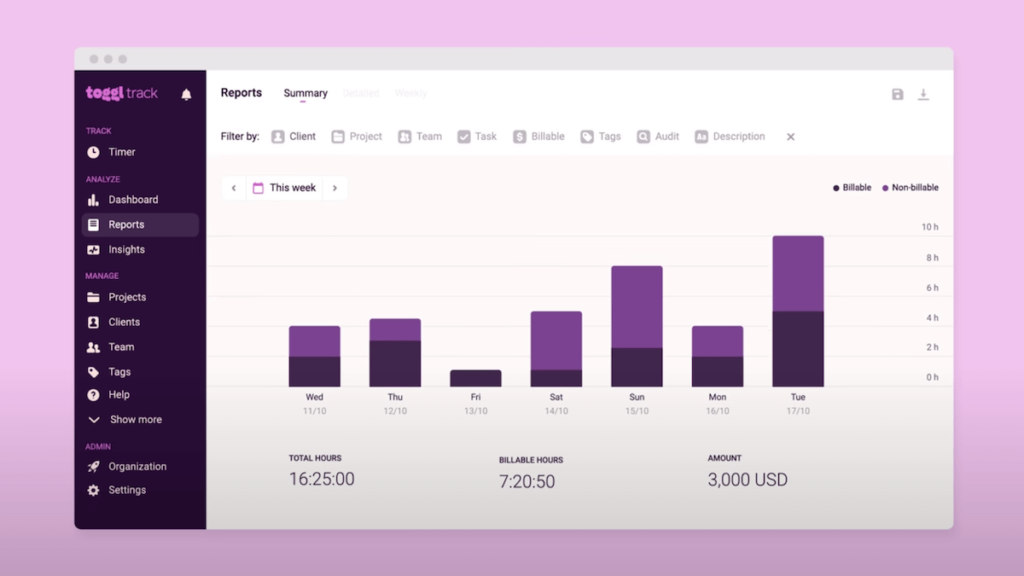
How Bench can help
When you’re an entrepreneur, outsourcing tedious (but important) tasks is a smart way to free up your time and run a more efficient small business. Having the right productivity stack can simplify your day-to-day operations and keep you focused on the activities that directly generate revenue.
Bench handles bookkeeping and tax preparation so you can focus on what you do best—running your business. Your team of bookkeepers and financial experts automatically import, review, and categorize bank transactions every month. Your data is summarized in one simple dashboard, giving you up-to-date financial reports to save you time and help you make better business decisions.



